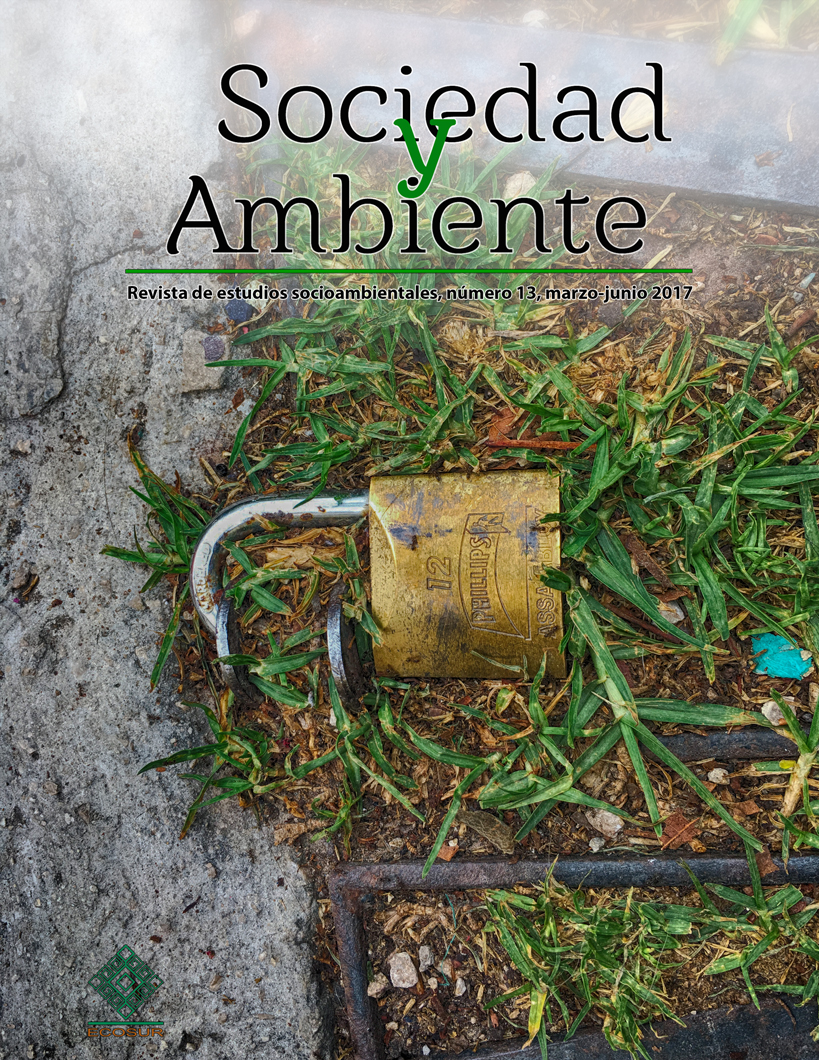Abstract
The main objective of this qualitative study is to know the attitudes, social values, and prevailing tactics that Matlatzinca women and men recreate in their day-to-day lives when they face the present dilemma of continuing to produce native maize as part of their food security, to advance toward urban ways of life, or to seek a combination of both. The study is based on feminist ethnography, which aims to understand gender-ethnicity intersectionality in the native corn production process. As a research technique, 22 semi-structured interviews were applied to 7 men and 15 women, all members of the community of San Francisco Oxtotilpan in the State of Mexico. These persons are involved in agricultural activities related to native maize. Results show concerns grouped in three categories: climatic variability, socioeconomic resources to cope with the current situation, and the arrival of new biotechnological packages. Perspectives on the future of native maize are discussed as well. It is concluded that for the Matlatzinca people, native maize is both their axis of identity and a resource of economic and social control. However, in order to be able to safeguard this valuable resource, it is necessary to follow the principle of gender equality and ethnicity in an overlapping manner.

Sociedad y Ambiente by ECOSUR is licensed under a Creative Commons Reconocimiento-NoComercial-SinObraDerivada 2.5 México License


